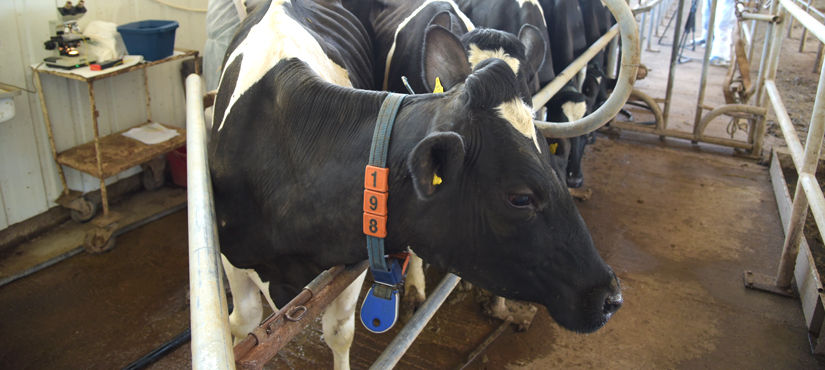Transplantation of cattle embryos on a cow farm AD Napredak in Stara Pazova

20. may 2017.
Practical part of the workshop titled “Modern biotechnology in cattle reproduction - embryo transplantation“ was held on Friday, 19 May, on a cow farm AD Napredak in Stara Pazova. The training was organized by the Department for Animal Husbandry of the Faculty of Agriculture in Novi Sad to provide additional education for animal husbandry and veterinary medicine experts and to promote scientific and professional activities. This method was last applied in Serbia to a greater extend about 30 years ago.
Deep frozen bovine embryos of Limousin breed were imported from Slovak Republic. They descend from the parents of a particularly high genetic potential. Estimated customs value of one embryo is EUR 700, and the Department for Animal Husbandry is a temporary owner of about 200 of such embryos stored in special containers in the Science Institute in Temerin.
Embryo transfer is a modern biotechnological method that allows much faster expansion of desirable genotypes of male and female lines in cattle breeding. This method is extremely important in cattle breeding because it is a single-breed whose genetic progress is slowed by limited number of offspring which one breeding cow may produce over its productive life. Embryo transfer allows much better reproducibility to the selected, best breeding cows.
Oocytes donors are selected and genetically highly valuable breeding cows, in which multiple ovulations are induced hormonally. The next step in the process is oocytes fertilization using the semen of selected breeding bulls, followed by preservation, cultivation, preservation, and transmission phase (embryo transplant into the recipient cows) as the last one. In this way, one cow can produce as much as 30 calves. This method of reproduction is applied to improve the quality of existing populations.

